Dhaka, Nov 29 (V7N)- A recent poll conducted by Voice of America suggests that a majority of Bangladeshi citizens believe the interim government has enhanced security for religious and ethnic minorities compared to the previous Awami League administration. The survey, carried out in late October, highlights the population's changing perceptions of minority protection amidst ongoing political transitions.
Survey Findings
- Increased Security: 64.1% of respondents feel that the interim government has provided better security to minorities than its predecessor.
- Deterioration: 15.3% believe the situation for minorities has worsened.
- No Change: 17.9% see no difference in security levels.
The survey sampled 1,000 respondents, ensuring gender parity and representing urban and rural demographics. Muslims made up 92.7% of respondents, with more than half under the age of 34.
Following the fall of the Awami League government on August 5, instances of violence targeting minority communities, including Hindus and Ahmadis, were reported. Notable incidents include arson attacks on Ahmadiyya properties in Panchagarh, underscoring the vulnerabilities of minorities during political upheavals.
Expert Perspectives
- Noor Khan Liton: The human rights activist linked these attacks to political affiliations and minority status, emphasizing the urgent need for systemic protection measures.
- Meenakshi Ganguly (Human Rights Watch): Ganguly criticized successive governments for failing to safeguard minority rights, citing enduring marginalization of indigenous communities in the Chittagong Hill Tracts and ongoing threats to Hindus and Ahmadis from extremist groups.
Despite these concerns, improvements have been noted. Noor Khan, now a member of the newly formed Commission on Disappearances, credited collective efforts by citizens, political entities, and religious groups for fostering a safer environment for minorities within the last month.
This poll underscores the importance of sustained efforts by the interim government and civil society to ensure lasting security for minorities in Bangladesh. However, the challenges highlighted by experts indicate that more comprehensive policies and proactive measures are essential for long-term change.
END/MSS/AJ



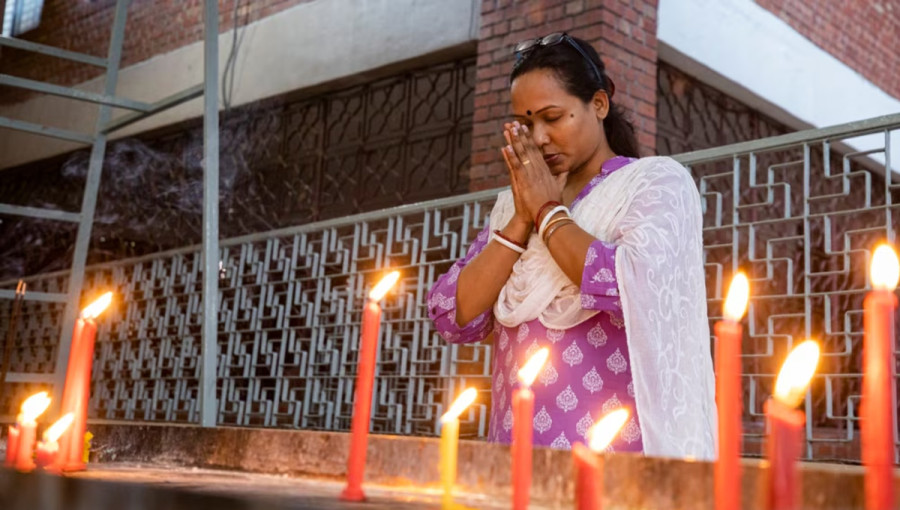
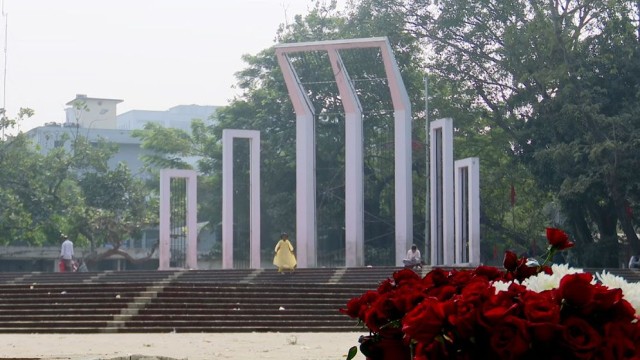

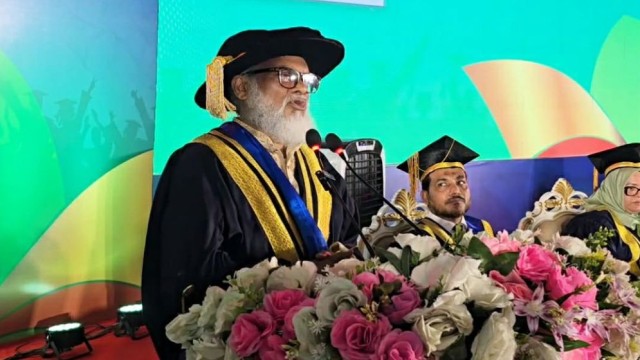
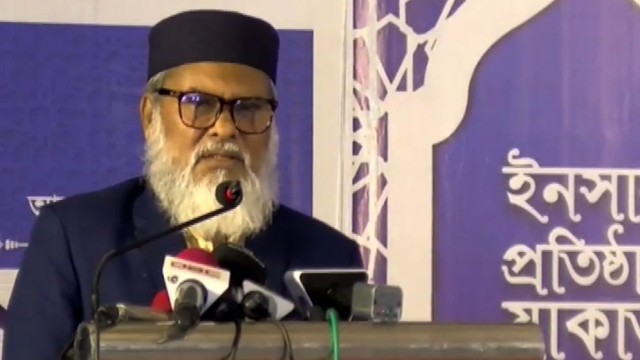
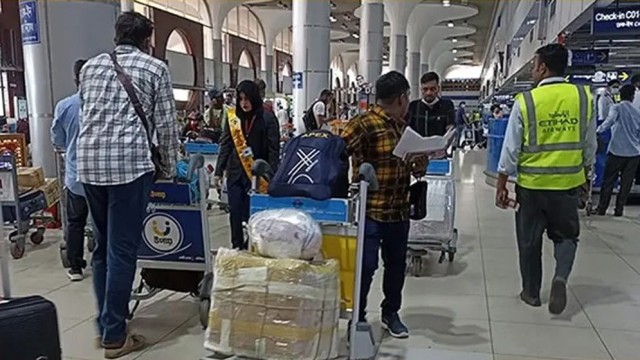
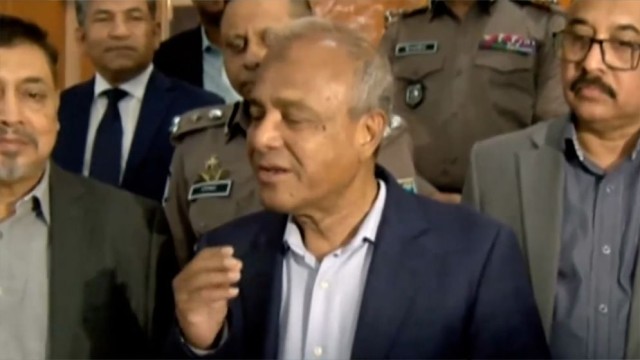

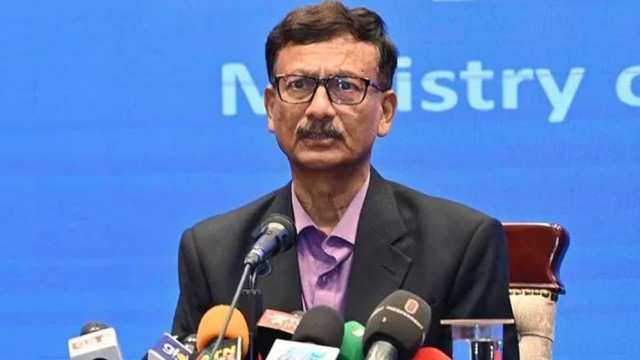

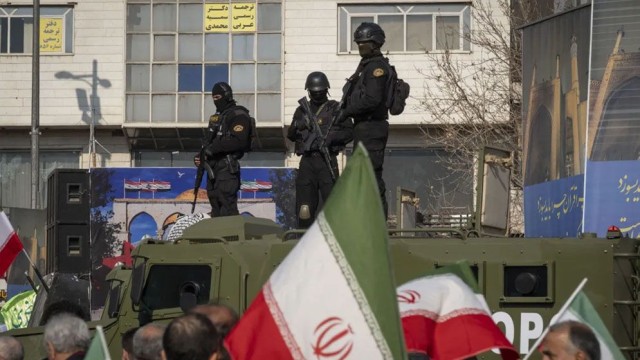
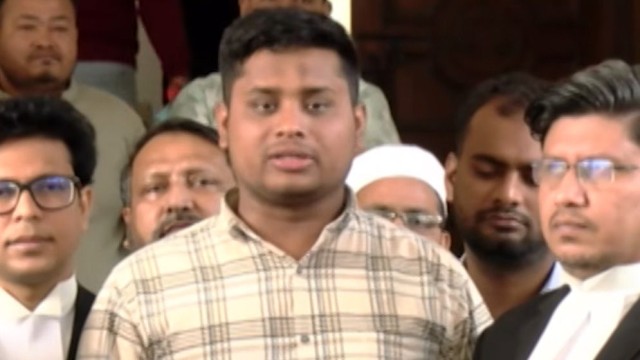
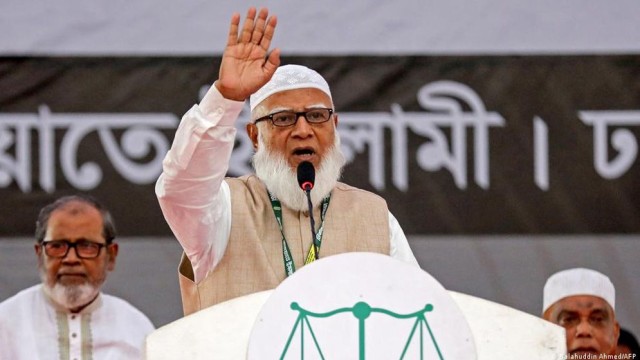
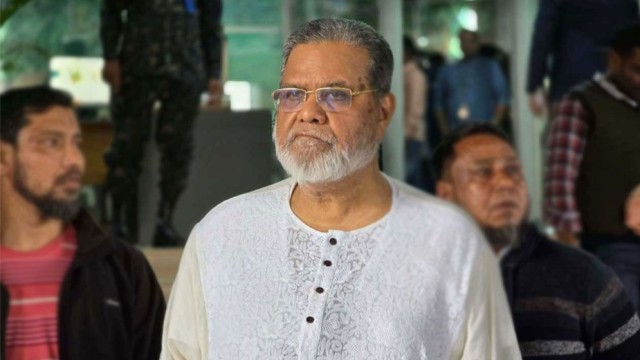
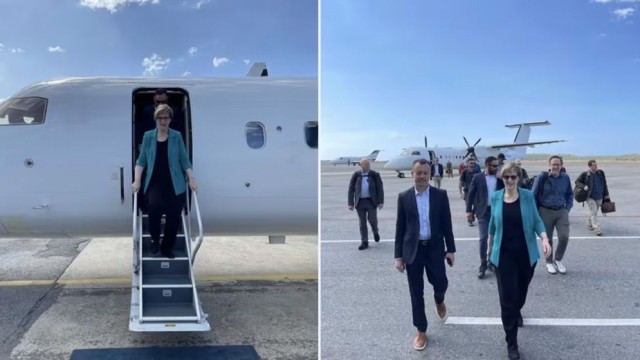






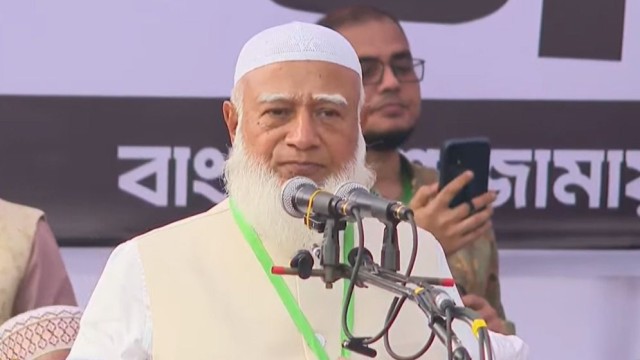
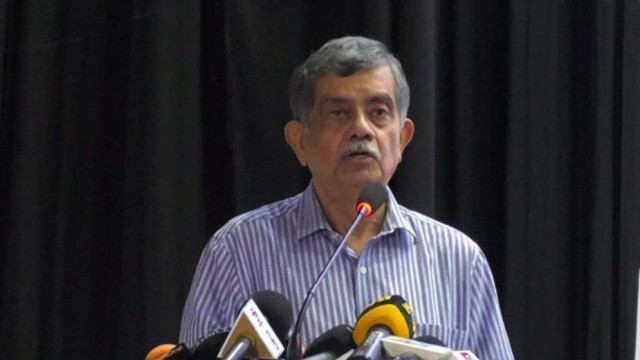
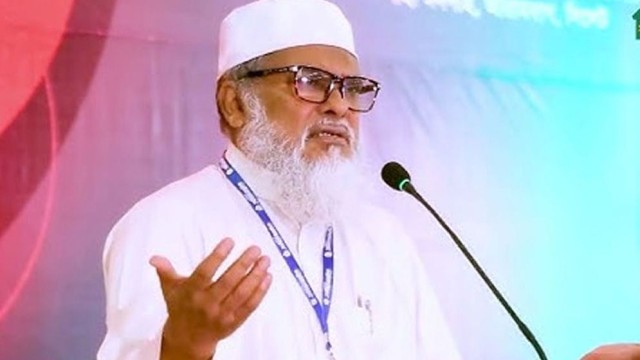
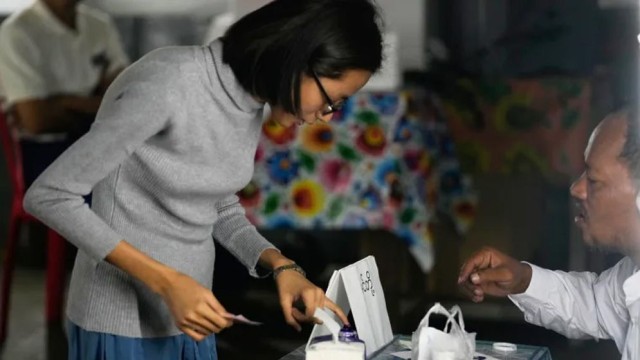
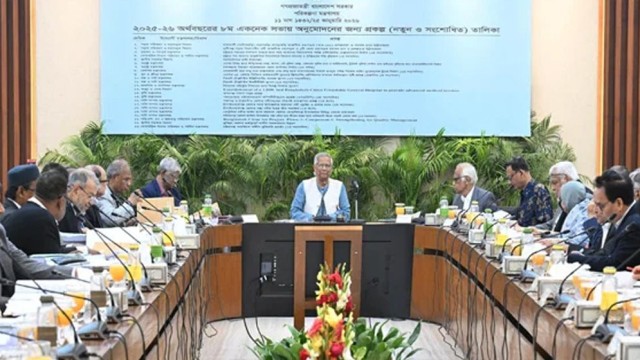

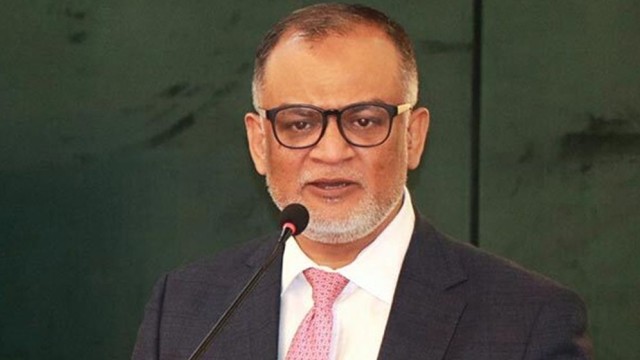
Comment: